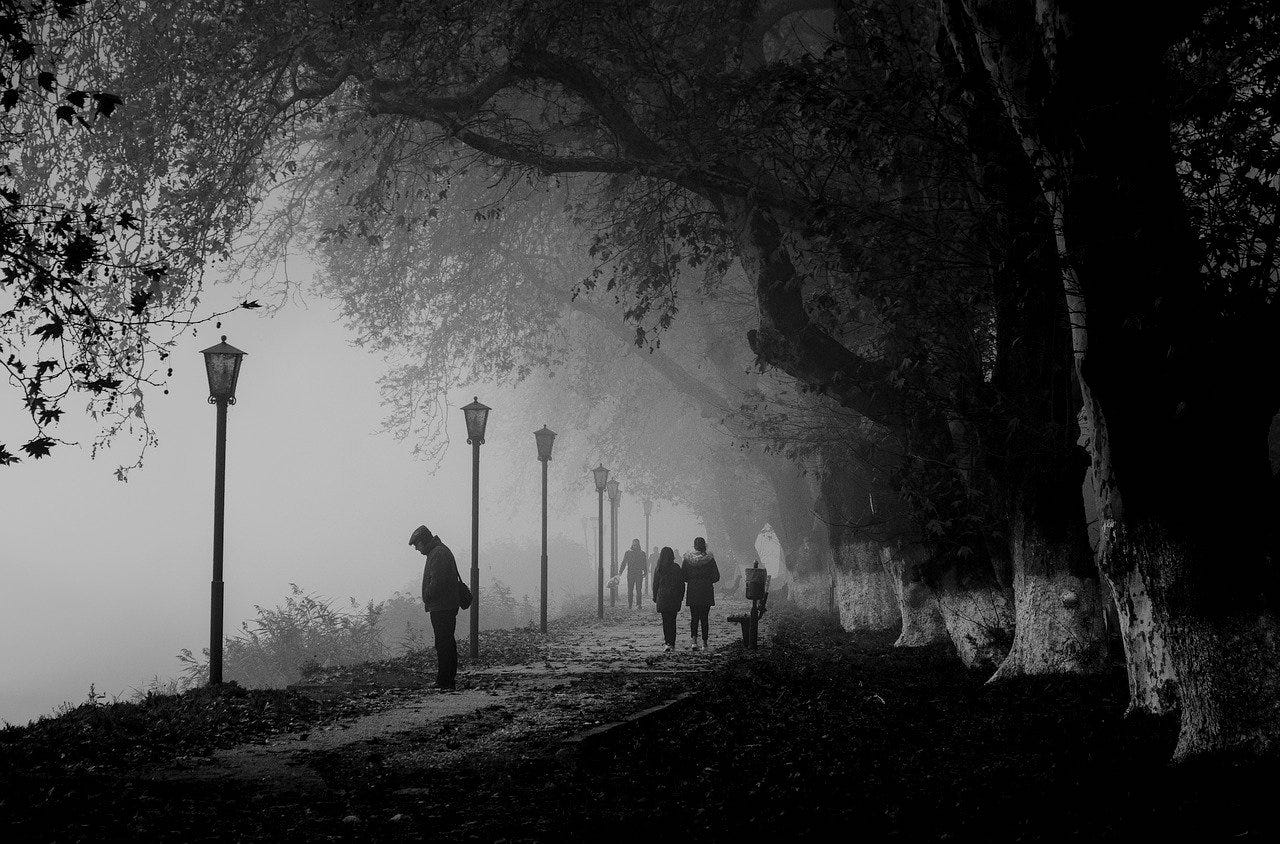Why read Homeless Catholic Community?
What does a Catholic, or any Christian, who cannot find satisfaction, comfort and permanence in their Church look like? They look homeless to both this world and a loving community of faith. We might be able to help.
SUBSCRIBE to newly published weekly reflections authored by members of The OMG (The Old Man's Group and Oh My God!).
Who are these Homeless Catholics? From a two millennia view, Homeless Catholics include all Christians sluffed away, feathered out of, or fallen off an apostolic fold. Catholic, in broad definition, gathers all of us beginning from The Way, the Christ-followers of 30-50 AD up to those separated and homeless this very week. Even the fourth, tenth, and fiftieth generation of solidly named schismatics account for the separated, and therefore homeless. It sounds like hubris, but I only mean it as the Holy Spirit’s far-reaching umbrella.
We believers all desire roots which connect us each to a Jesus-centric Christian faith. Christianity, honest in the most basic of logic, centers on Jesus the Christ. Antagonists need not feel pressure to correct our premise. We’re firmly in place on that subject. You are welcome here, though. Faiths limited to only the Father or the Holy Spirit will eventually be introduced to Jesus. We are Trinitarians or lean that way. Curiosity is in our nature, so all others may find nuggets here.
Join the crew (A willing advert for Substack)
Be part of the Substack community that shares your interests. To find out more about the company that provides the tech for this newsletter, visit Substack.com.



